Your cart is empty
Explore our collectionsHibiscus / Gulhad Viceroy / Chinese Hibiscus Plant (Sapling)
Original price was: ₹ 499.₹ 79Current price is: ₹ 79.
Although called Gulhad Viceroy, Hibiscus Viceroy, or Chinese Hibiscus Plant Sapling, we like to keep it simple. When your balcony feels dull like a monsoon sky, you just need a burst of color from the charming Hibiscus—also known as Gudhal, Japa, Jaswand, Semparuthi, or Dasavala. If you want to buy Hibiscus plant saplings, this vibrant Chinese hibiscus plant is perfect for your home or balcony.
Note- the images are real. But actual appearance may vary due to environmental factors, age, and other conditions.
Dimensions:
Sapling
Guaranteed refund if damaged. Learn more.
*Nursery pot not included; will be shipped without pot.
In stock
Beginner Level
— Easy to care
— Thrives in sandy soil & Porous soil
Twice in a Week in Summer (High temperatures ranging from 30 to 45 degrees Celsius)
Once in a Month in Winter (low temperatures dropping below 10 degrees Celsius)
— Moderate Water level
— Moist Soil Required
Partial to Full Sunlight
— Thrive in Partial to full sunlight
— Prefer medium temperatures ranging from 28 to 35 degrees Celsius
Gulhad viceroy with velvety double-layered petals, and the deep green leaves? No wonder the hibiscus has stuck around Indian homes forever, from Kerala courtyards to Delhi balconies. Known lovingly as Gulhad, Gudhal, Japa, Semparuthi, Dasavala, Mandara, and Jaswand across different regions of India. If you’re looking to buy a Hibiscus Plant online in India, this classic flowering beauty brings nostalgia and elegance in one pot. The Chinese Hibiscus Plant sapling carries that same charm, whether you’re gardening in Mumbai, Chennai, Bangalore, Kolkata, or Hyderabad.
Buy a live Hibiscus Plant online in India from Upjau — your trusted online nursery for flowering plants in India. This Gulhad Viceroy Hibiscus Plant, also known as Japa or Semparuthi, adds beauty, cultural value, and vibrant color to every home garden or balcony.
Key Features & Benefits Of Hibiscus Viceroy Plant
- Vibrant Double Blooms: Whether you call it Gulhad, Jaswand, or Dasavala, these rich double blooms always steal the spotlight.
- Air-Purifying Plant: You can flex on Instagram that it scrubs your air clean and looks stunning (a double win, don’t you think?)
- Medicinal Value: People have glowing skin, thick hair, and a calm mind just by using this beauty. (Gudhal leaves / Japa flower use in traditional remedies).
- Cultural Value: There’s a weird magic in plucking a fresh Semparuthi or Dasavala flower from your own plant for morning prayers. Like, it just hits different, you know?
- Low-Maintenance & Hardy: This Mandara plant’ss basically your most forgiving pal, like the one who doesn’t hold grudges even if you ghost them for a year. One of the best low-maintenance plants you’ll ever come across.
- Perfect for Urban Gardens: tiny backyard? Tiny balcony wedged between apartment walls? Doesn’t matter.
The Chinese Hibiscus Plant for Sale fits right in, whether you know it as Gulhad, Gudhal, or Jaswand.
How to Care for Your Chinese Hibiscus Plant Sapling
Caring for your Gulhad Viceroy Hibiscus Plant, the same plant many people call Japa or Semparuthi, is easy.
- Sunlight: It’ll manage in a bit of shade, but the hibiscus viceroy wants the sunny throne, 4 to 6 hours a day.
- Watering: Do the topsoil test, feeling dry? Water it. No soggy roots, please. They need to breathe.
- Soil: For soil, just mix garden soil, compost, and cocopeat simply, and it works every time for Mandara /Dasavala plants.
- Feeding: Toss in some organic compost every couple of weeks. Feeling fancy? Try seaweed fertilizer.
- Pruning Tips: Don’t be shy, snip off faded flowers and trim the branches. You’ll get fresh growth fast on your Jaswand plant.
- Repotting: Repot when the roots start getting cramped.
- Mulching: Toss on some mulch in the summer to keep the roots cool.
And about frost, don’t sweat it unless you live somewhere that actually gets cold, which isn’t most of India. You can order Hibiscus Sapling online in India and follow these easy care steps for year-round blooms on your Gulhad or Japa plant.
Flowering & Seasonal Highlights of the Hibiscus Viceroy
Here’s the fun part: the hibiscus viceroy doesn’t believe in “off seasons.” Something anyone who has grown Gulhad, Semparuthi, or Jaswand will agree with. You’ll get blooms most of the year (the warm or the monsoon season is the best among them!). Each blossom only sticks around for a day (blink, and you’ll miss it), but new ones keep showing up, so your hibiscus never looks all sad and empty. The colors? Insanely vibrant. Even if the sky’s having a meltdown, this Gudhal plant will cheer you up.
Looking to buy flowering plants online in India? The Hibiscus Plant for the home and balcony is one of the best tropical flowering options you can get, no matter which region calls it Japa or Dasavala.
Ideal Placement for Your Hibiscus Plant at Home or Balcony
For your Gulhad Viceroy to thrive (and not just survive), you’ve got to let it show off a bit in those boring balconies or the forgotten corner of your garden, honestly, or really, any sunny windowsill will do the trick. Honestly, plants are easy – give your Mandara plant sunlight, say hi sometimes, and they’ll stick around. It’s the best Hibiscus Plant for home garden lovers who want low-maintenance color and elegance. Buy healthy and live sapling plants at Upjau!
Why Choose the Chinese Hibiscus Plant Sapling?
Let’s be real, this is not just a plant, it’s a whole vibe. The double blooms make this Gulhad or Jaswand plant look like royalty, thriving in Indian weather, with no need for any fancy greenhouse setups. Pooja, gifting, or just plain garden drama, this hibiscus does it all. Bright, sturdy, impossible to ignore. Like that friend who always shows up and never leaves you on read. And really, who doesn’t want a pop of color waiting by the door after a long day?
Shop Hibiscus Plant Online in India — get your Gulhad Viceroy / Chinese Hibiscus Plant delivered live, healthy, and ready to bloom in Indian homes that know it as Gudhal, Japa, Semparuthi, or Dasavala. Limited stock available. Order today for quick PAN India delivery!
Frequently Asked Questions
Q. How big does a Chinese hibiscus grow?
A. If outside, 10 to 12 feet. If it is indoors, and trimmed, 5 to 6 feet.
Q. Which country national flower is the hibiscus?
A. Malaysia and South Korea both said, “Yep, that’s our flower.” The hibiscus is basically their national celeb.
Q. What is the difference between hibiscus and china rose?
A. No difference. Literally just another name. “China Rose” is the street name for Hibiscus rosa-sinensis. Don’t overthink it.
Only logged in customers who have purchased this product may leave a review.

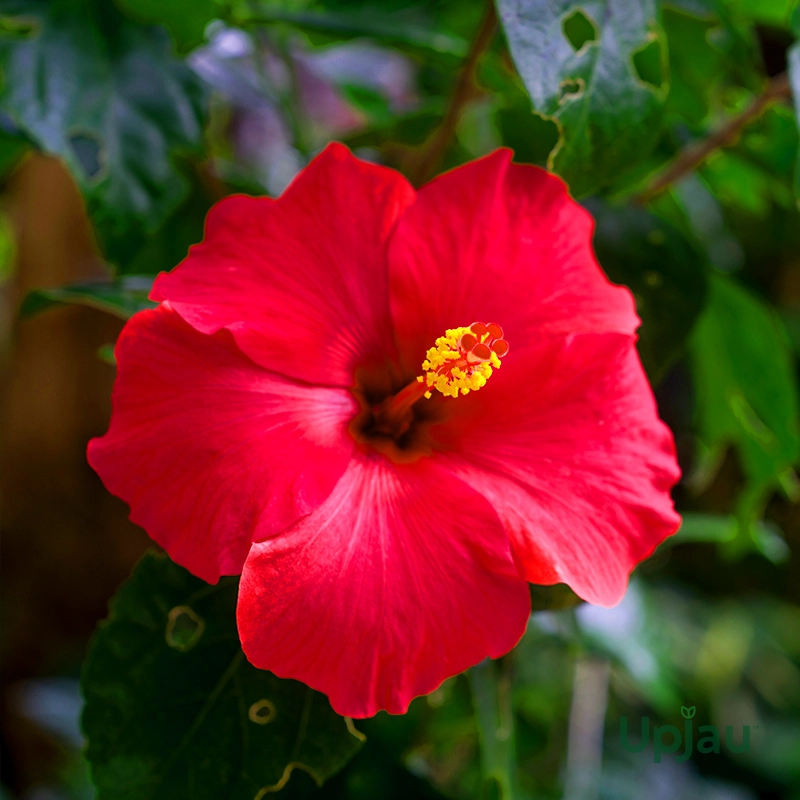
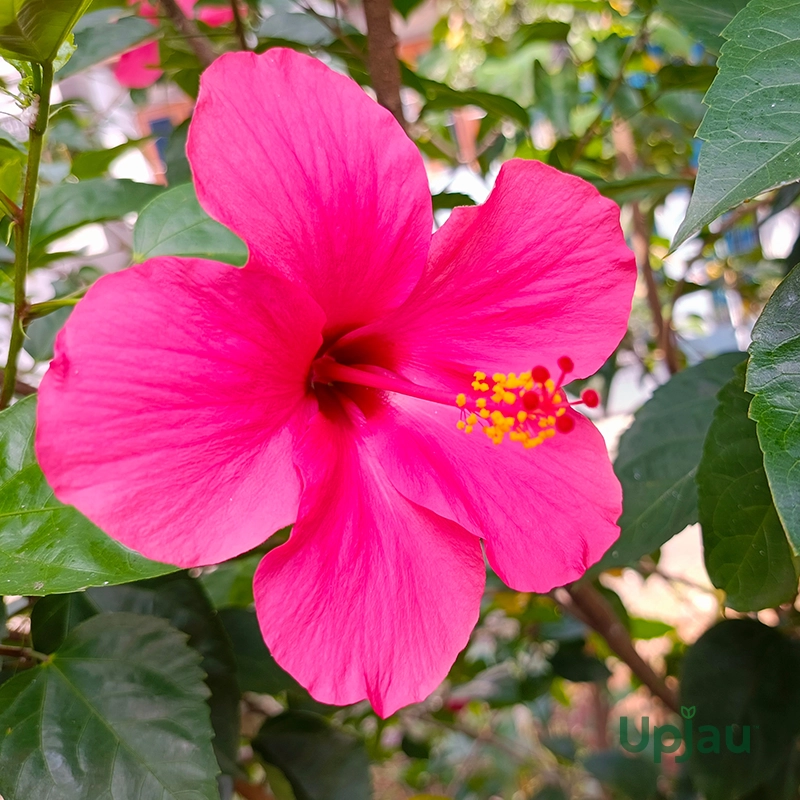
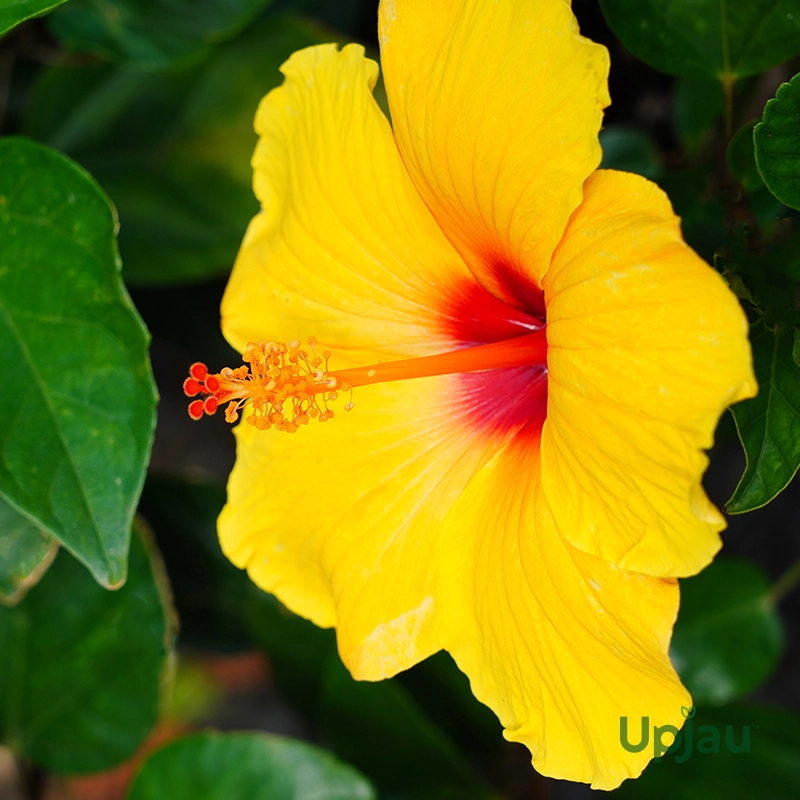
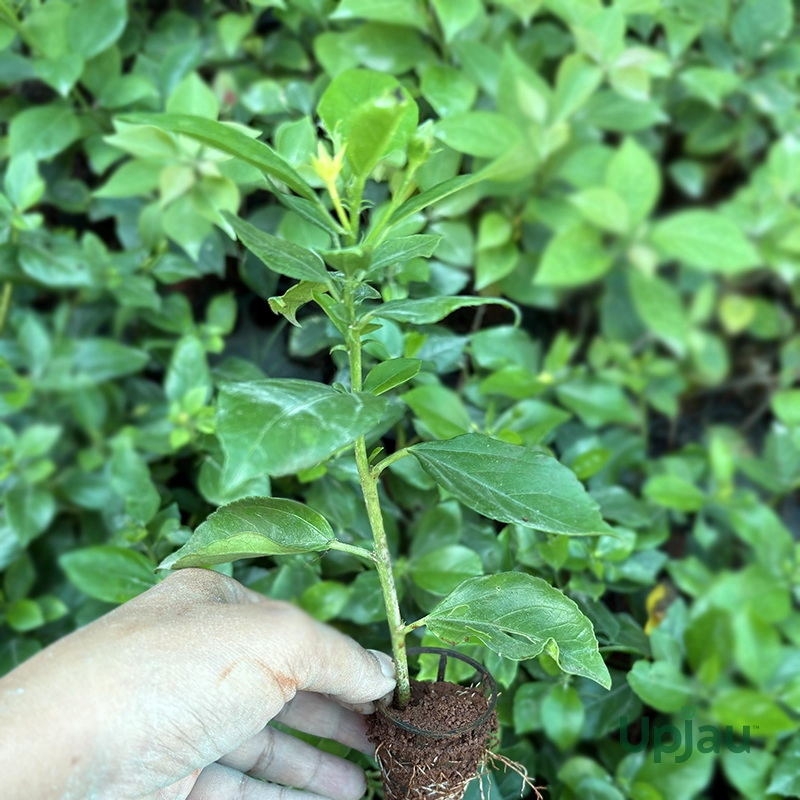
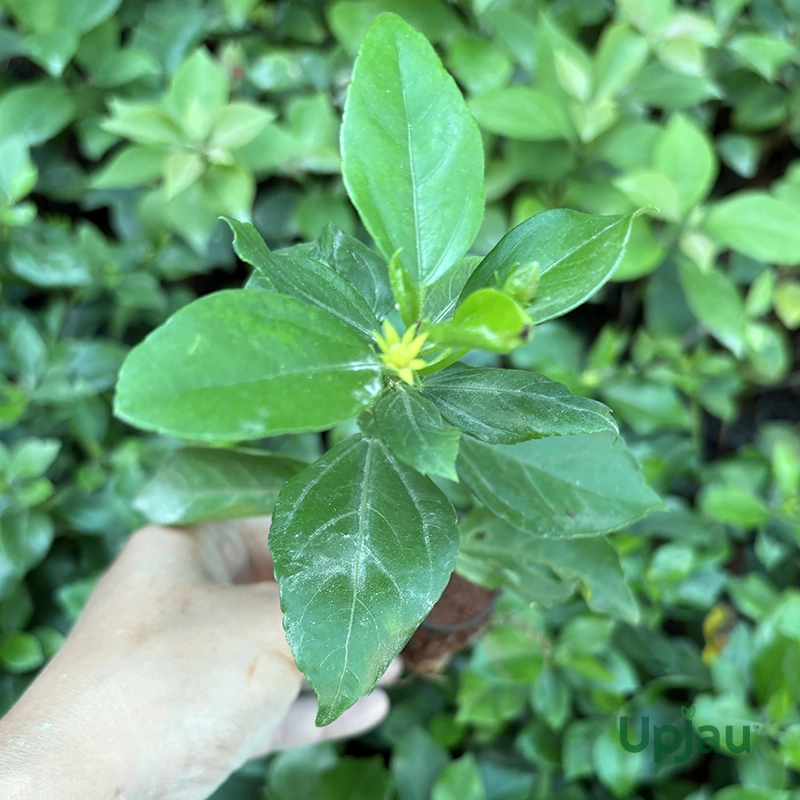

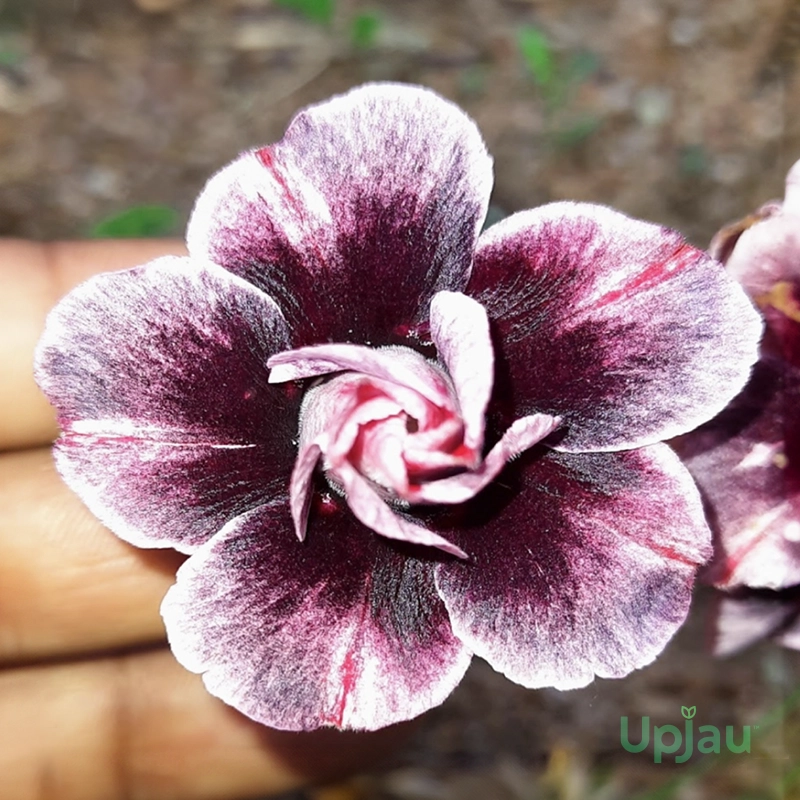
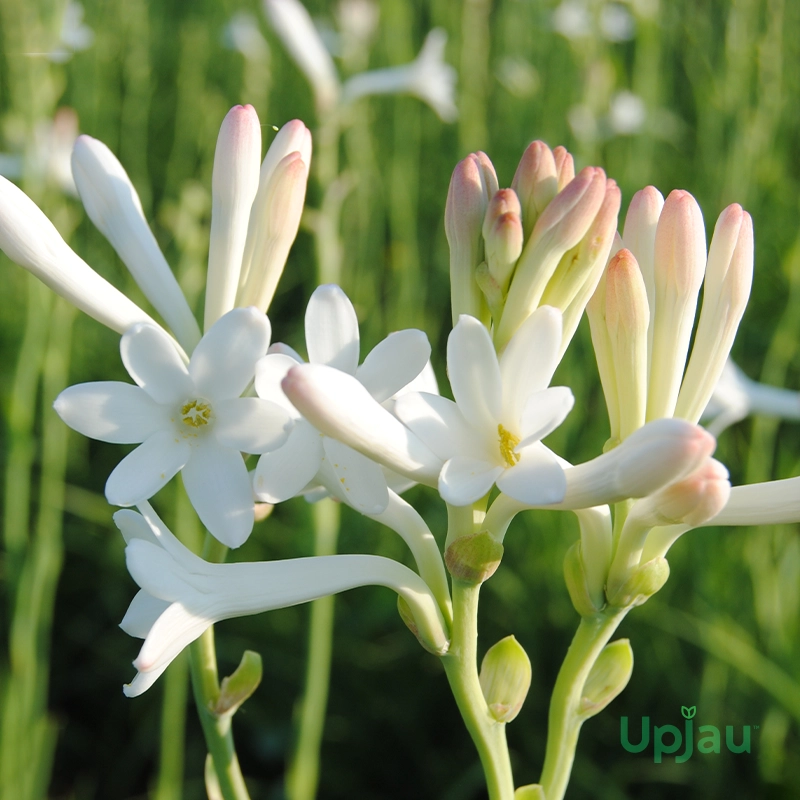
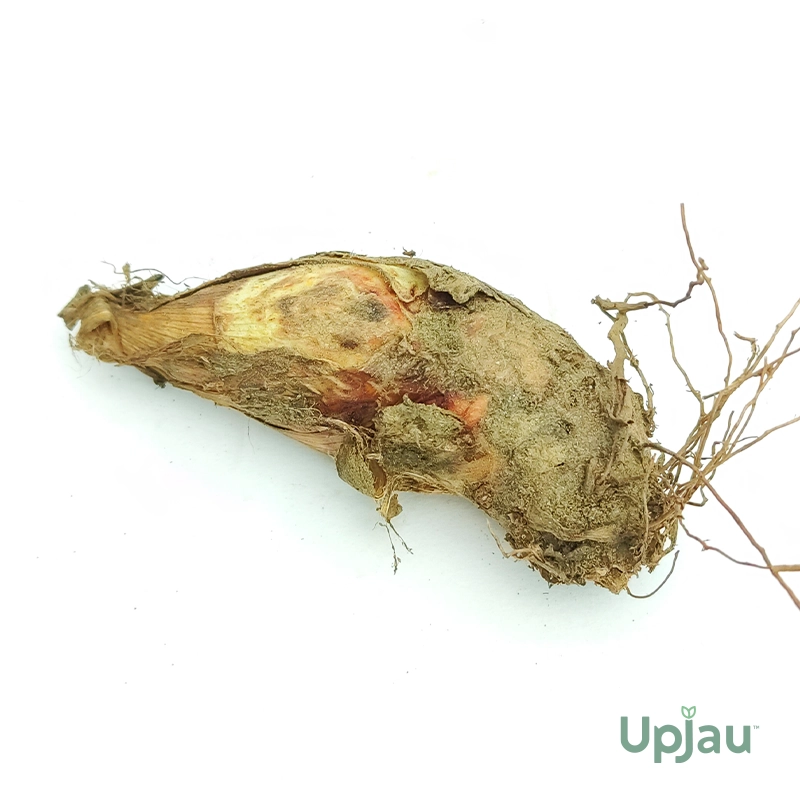










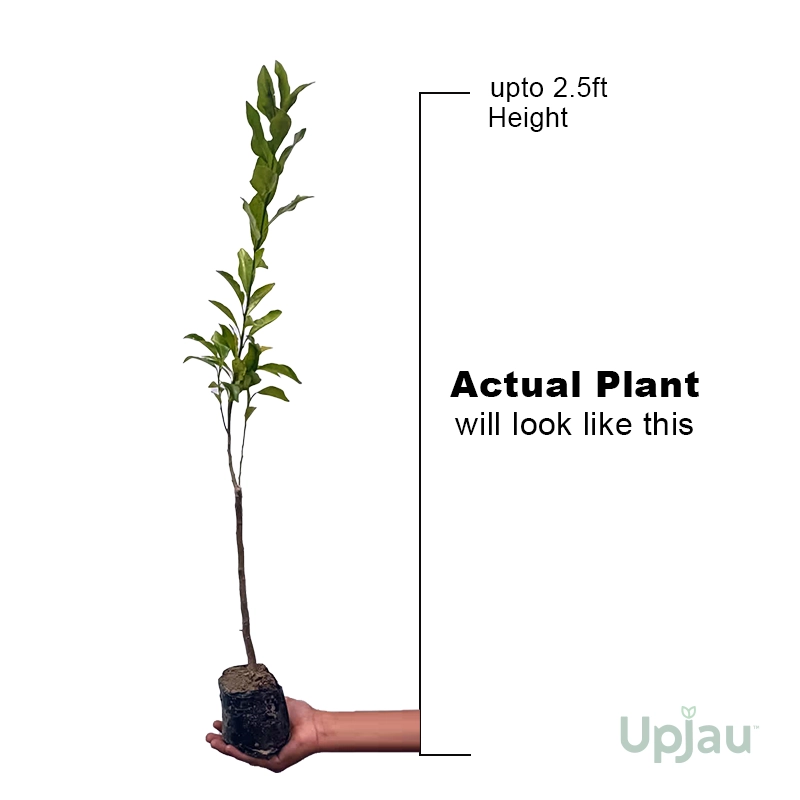
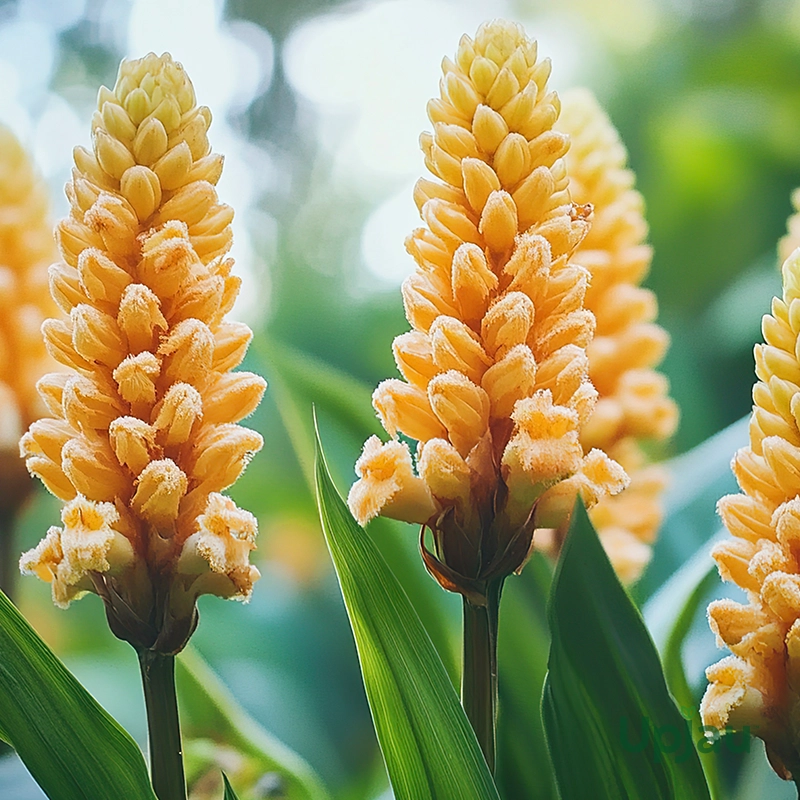
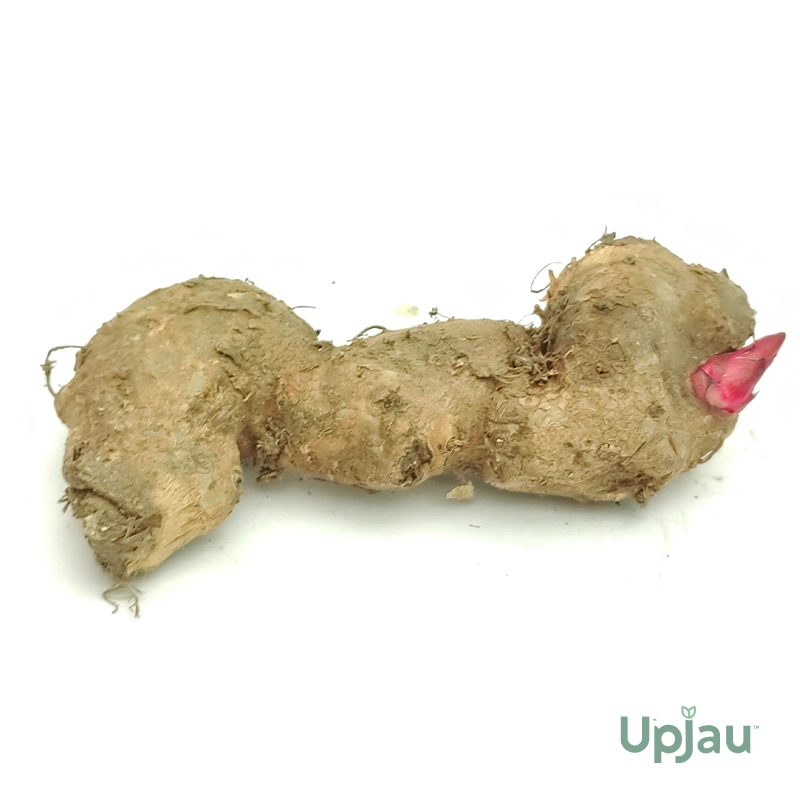

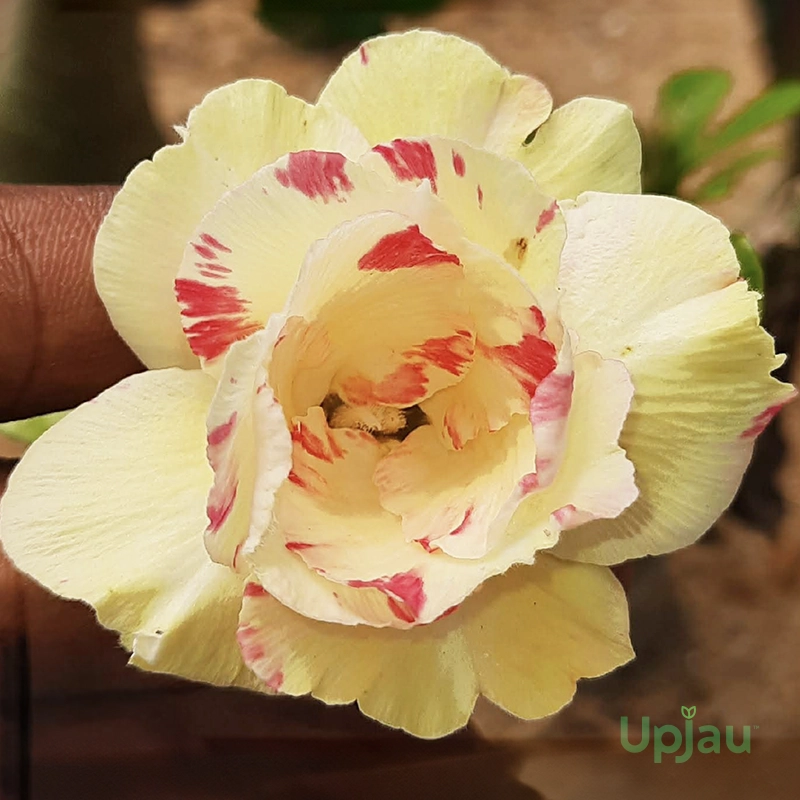
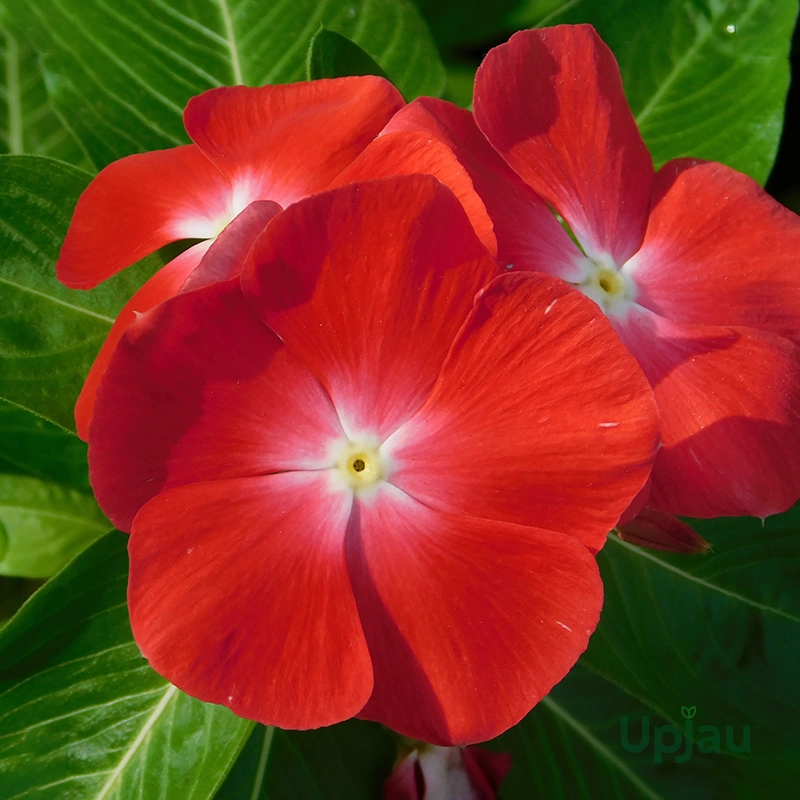

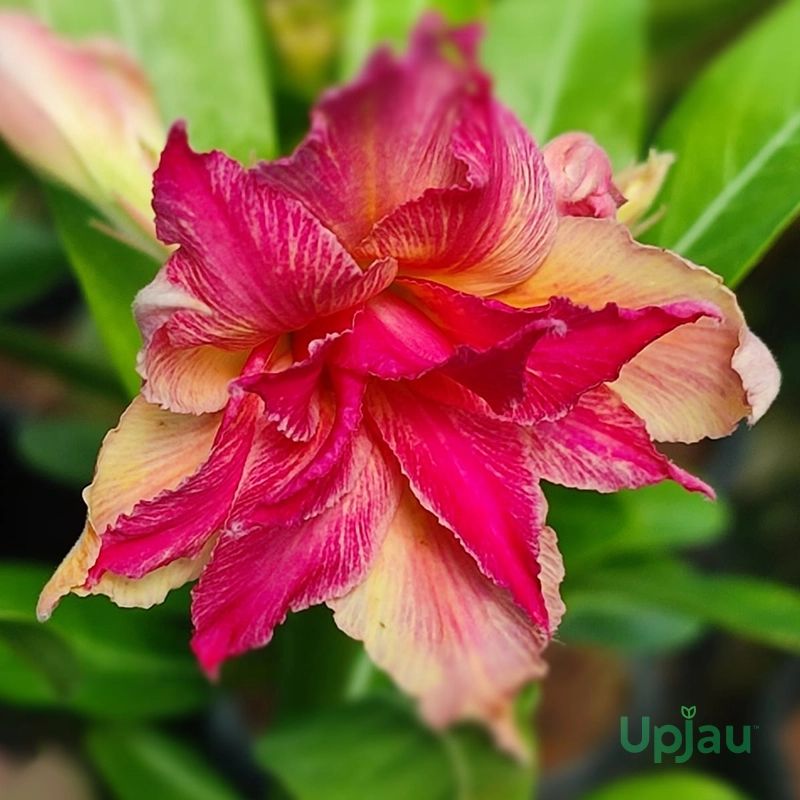


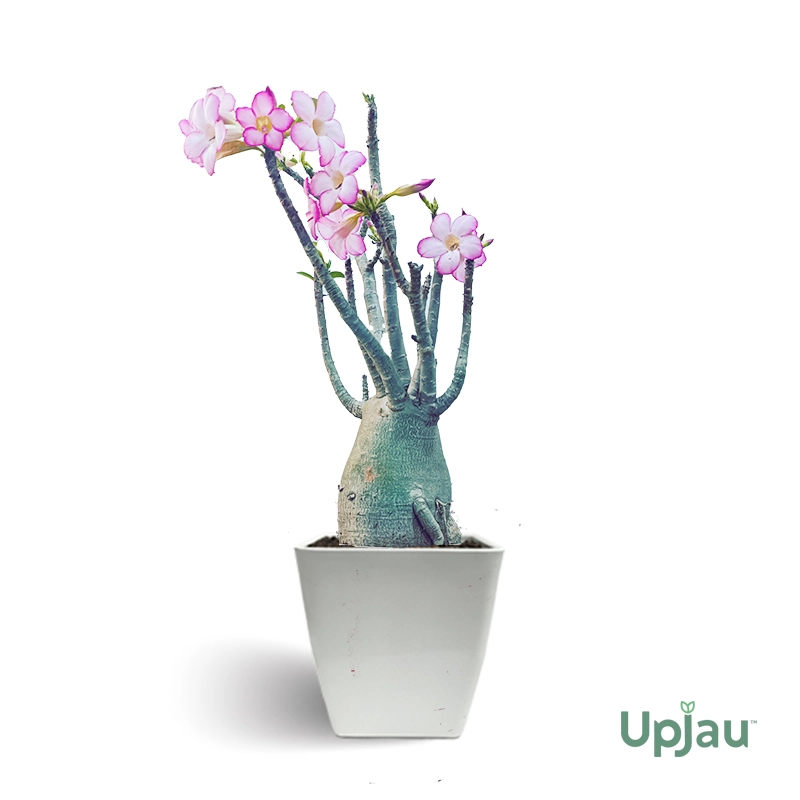


Reviews
There are no reviews yet.